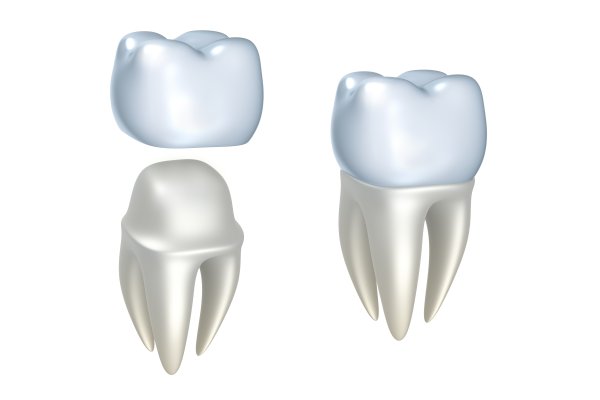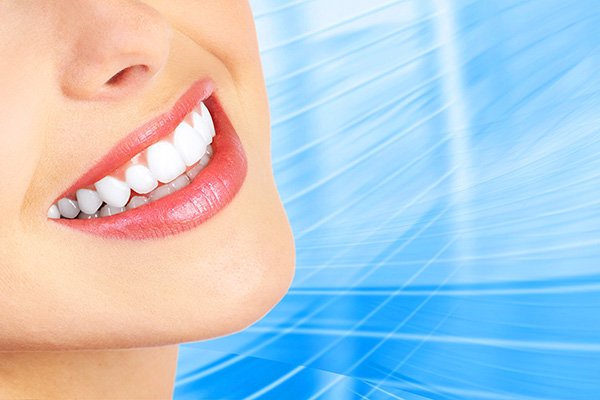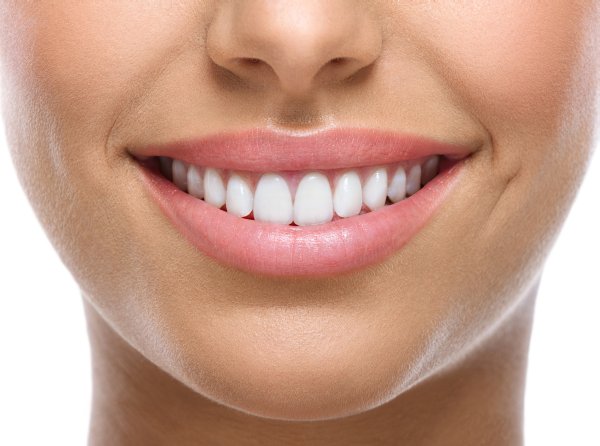3 Alternatives to Dentures

What Are Dentures?
Dentures are artificially made teeth that are custom made to replace your missing teeth. These dentures are not permanently set in your mouth - making it easy to take them out and put them back in, whenever you need to clean them or brush your teeth.
Dentures are very useful for people who have lost their teeth especially those that are of old age. For them, dentures mean they do not have to spend the rest of their life without teeth in their mouth. Dentures improve your physical appearance and give you a bright smile. Eating and speaking can be quite a big challenge for people with missing teeth. However, dentures help them eat and speak more comfortably.
For you to get your dentures, you need to visit your dentist so that they can take the measurements and models of your jaw. This will ensure that the dentures will be custom made to fit into your mouth.
Three alternates to dentures
1. Conventional full denture
The conventional full denture requires any of your remaining teeth to be removed and that the gums are given the proper amount of time to heal which might be lengthy. Once the gum is healed, a flesh-colored crystal base supporting the artificial teeth is set onto your gums.
The upper denture covers the roof of your mouth, while the lower denture takes the shape of a horseshoe to accommodate your tongue. With this alternative, you will have to be without teeth for some time so that your gums are able to heal first.
2. Immediate full denture
In an immediate full denture, a custom-made flesh colored crystal base is set into your gums with the upper denture covering the roof of your mouth and the lower denture shaped like a horseshoe to accommodate your tongue after your remaining natural teeth are removed.
However, unlike with the conventional full denture where you have to stay for some time without teeth (to give time to your gums and the jawbone to heal), the immediate full denture is done as soon as all of the natural teeth are removed. Therefore this option does not give time to your gum to first heal.
This alternative ensures that you never have to stay without teeth but unfortunately, the dentures may loosen with time since the bone that holds your teeth in place changes in shape. This happens because it heals from the removal of your natural teeth.
3. A partial denture
With this alternative, not all of the natural teeth need to be removed. It only covers the teeth that have been lost. The dentures are supported by a metal framework which is attached to your natural teeth. Crowns can also be used to provide more support to the denture by placing them on top of your natural teeth.
Disadvantages of dentures
As comfortable as dentures make it for you to eat, speak, and improve your physical appearance (including that of a bright smile), they could be very uncomfortable for some time. You might even take a longer amount of time than you anticipated to get used to having them in your mouth while speaking or eating.
Due to normal wear, the flesh colored crystal base could require a relining or remake while the artificial teeth are retained. The dentures could loosen due to the natural changes that take place in your mouth as you age. This could irritate your gums and make the chewing of food very uncomfortable.
Caring for dentures
Maintain proper oral hygiene by brushing your dentures every day to remove food particles and plaque that could stain the artificial teeth. Also make sure to brush your gums, roof of your mouth, and your tongue with a soft toothbrush since this stimulates circulation within your tissues and assists in removing plaque.
Place them in a denture cleanser soaking solution or water which is not hot whenever you are not wearing them. This will prevent them from drying.
Dentures are very delicate and they could break if dropped, therefore whenever you are not wearing them, place them away safely.
In case your dentures break, become loose, crack, or chip take them to your dental care provider but do not try repairing them yourself because you could damage them more.
The state of your mouth is the first impression that most people take note of. Dentures ensure that you do not have to stay with gaps left by missing teeth. Therefore with proper care and oral hygiene, you can still afford to smile with confidence and eat food like any other person with natural teeth.
Call (530) 365-3351 today to reach Anderson Family Dentistry.
Recent Posts
Dentures are artificially made teeth that are custom made to replace your missing teeth. These dentures are not permanently set in your mouth - making it easy to take them out and put them back in, whenever you need to clean them or brush your teeth.Dentures are very useful for people who have lost their…
Dental crowns involve an intensive fitting procedure and often yield fantastic results for a smile. It is reasonable, then, to wonder how long a crown should last. Here is a brief summary of how long a dental crown’s average lifespan is, as well as some information about how a crown can be made to last…
Teeth grinding, or bruxism, can occur due to many reasons. Common causes are an abnormal bite, missing or crooked teeth and stress.Often people have no idea they are grinding their teeth since it commonly happens during sleep. If grinding goes unnoticed for a long time, it can lead to severe damage and pain. The earlier…
After finally deciding to replace your lost tooth with a fixed dental bridge, you are left with the question: how do you care for your new dental restoration? Getting a new, healthy smile can be a little overwhelming and a big confidence booster. If you want to preserve the new smile and keep your teeth…









 We are committed to providing quality service to residents located In the Anderson, CA area. Our website has additional information about the following topics: Dentist, Cosmetic Dentist, Family Dentist, General Dentist, Emergency Dentist, Dental Implants, Teeth Whitening, Dental Veneers, Dentures and Dental Crowns.
We are committed to providing quality service to residents located In the Anderson, CA area. Our website has additional information about the following topics: Dentist, Cosmetic Dentist, Family Dentist, General Dentist, Emergency Dentist, Dental Implants, Teeth Whitening, Dental Veneers, Dentures and Dental Crowns.